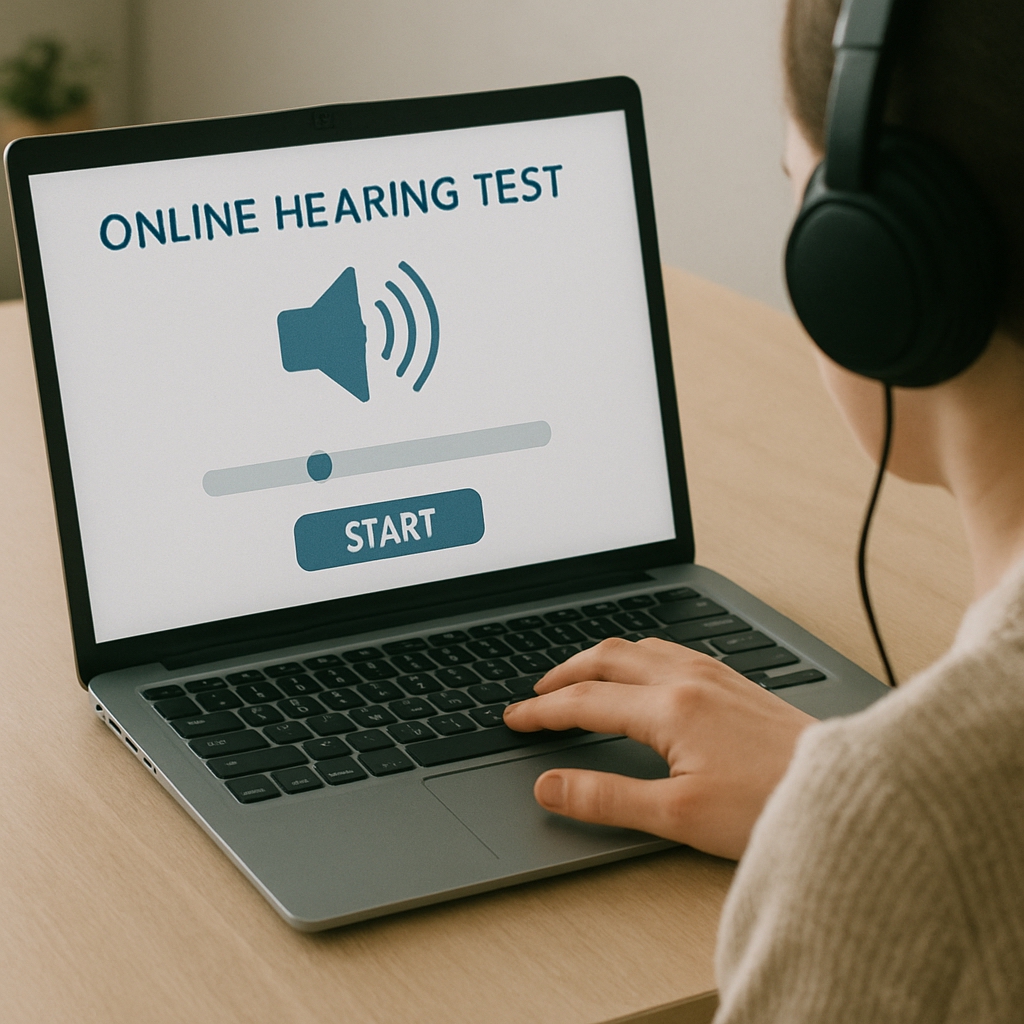How to Prepare for an Emergency with Hearing Loss

Emergency Preparedness for People with Hearing Loss
Regardless of your age, location, or degree of hearing abilities – emergencies are extremely scary. Although you cannot prevent an emergency such as a natural disaster, you can make them less frightening and possibly less dangerous by being properly prepared. For those of us with hearing loss, it is important that we take some additional precautions when preparing for potential disasters.
Step 1: Know What You're Preparing For
It is impossible to be fully prepared for every type of natural disaster that occurs. Luckily, we don't have to be. Knowing the risks in your area and climate can help you to better prepare for the disasters that are most likely to occur. For those of us in Atlanta, severe thunderstorms and flooding are the greatest threats. Georgians should also be prepared for tropical storms and hurricanes, winter storms and even wildfires. To get a better understanding of the most commonly occurring natural disasters in your state, search "your state emergency management agency" or visit the federal site here.
Step 2: Prepare a Hearing Loss Emergency Kit
On top of the bottles of water and canned goods in your general emergency kits, those with hearing loss should prepare additional kits directly related to their hearing needs. Look through the provided list for ideas on what may be essential for your personal emergency kit.
- Extra set of hearing aid batteries
- Waterproof hearing aid container. This can be as basic as a sealable plastic baggy to a full-blown "dry aid kit" as outlined in this article.
- Desiccant to draw moisture from aids which may have come into contact with water.
- Cleaning tools to ensure functionality. If possible, pack an extra cleaning set into your emergency kit. This should include a wire loop to remove excess wax, a small brush for cleaning debris and a clear line for clearing tubes.
- Paper and pen. While this may seem extremely simple or silly, these could be a lifesaver for those with severe hearing loss or deafness who may need to quickly communicate with emergency personnel.
- Hearing impairment signs to quickly communicate your hearing needs. This is especially important for those who are deaf or have severe hearing loss. Placing a sign that simply reads "hearing impaired person inside" or similar will allow rescue teams to understand you may not be able to hear verbal instructions.
- Spare hearing aids. If you've upgraded to a new pair of hearing aids, it may be worth it to put your old pair into your emergency kit to use in a pinch.
Step 3: Make a "What If" Plan
What if my hearing aids stop working in the middle of an emergency? What if I can't find my aids during a disaster? It is important to think about the steps you would take during these hypothetical situations. If your hearing aids stop working, first: change the batteries. This is the most common cause for hearing aids stopping abruptly – and spare batteries should be available in your emergency kit. If this does not work, you can try cleaning your aids or drying them out with your desiccant and dry kit (which can also be safely found in your kit)! If you misplace your hearing aids or lose them during an emergency, be sure to have clearly marked signs identifying your hearing needs. It is also important to communicate your hearing loss to family members and neighbors so they can help to inform you on what to do if an emergency strikes.
Step 4: Sign up for Emergency Email or Other Alert System
There are alert systems such as Emergency Email that will send you a text message or email in case of emergency in your area. These alert systems are highly recommended for those who cannot hear tornado or other warnings.
Get Your Hearing Checked
No matter if there is a real emergency or you are simply baking cookies, there have been numerous studies connecting treating hearing loss with hearing aids and increased personal safety. Chances are, your hearing aids will work perfectly fine during an emergency and you will be better able to understand and follow instructions. If you have noticed changes in your hearing, be sure to get your hearing checked at your local hearing aid center or audiologist.
Find the right hearing solution today! Get started by contacting us to schedule an appointment.
Send us a message
Feel free to reach out to us for any questions you may have or to schedule an appointment. Our team is here to provide you with the support and information you need. We look forward to assisting you!
Email us
Give us a call





